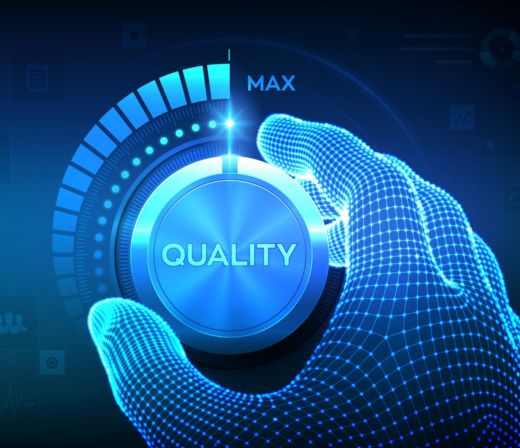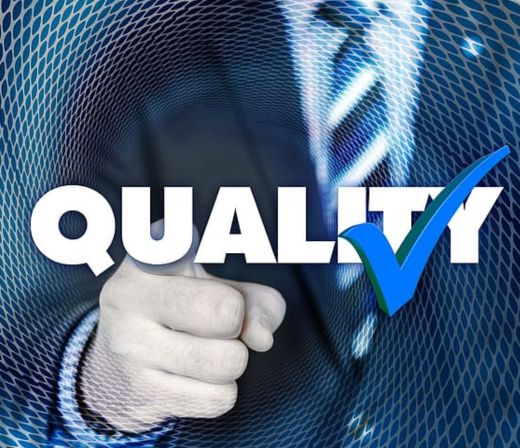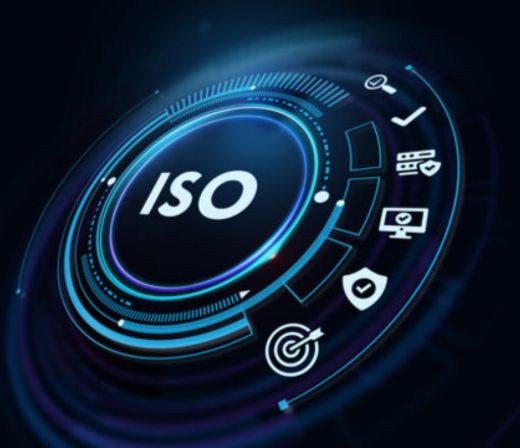ISO 9001
ISO 9001 is the international standard for quality management systems (qms). It provides your company with a set of principles that ensure a common-sense approach to the management of your business activities to consistently achieve customer satisfaction while standardizing your processes and continually improving effectiveness of the business processes.
Why do i need it?
As business becomes ever more competitive, ISO 9001 can be a cost - effective means to demonstrate to customers that quality assurance is of paramount importance to your organization. A recent study of various organizations with ISO 9001 certification revealed an increase in turnover, sales, customer satisfaction and savings.
ISO 17025:2005
ISO 17025:2005 specifies the general requirements for the competence to carry out tests and/or calibrations, including sampling. It covers testing and calibration performed using standard methods, non-standard methods, and laboratory developed methods.
Why do i need it?
ISO 17025:2005 is for use by laboratories in developing their management system for quality, administrative and technical operations. Laboratory customers, regulatory authorities and accreditation bodies may also use it in confirming or recognizing the competence of laboratories.
Laboratories use ISO 17025 to implement a quality system aimed at improving their ability to consistently produce valid results.
ISO 15189:2012
ISO 15189:2012 can be used by medical laboratories in developing their quality management systems and assessing their own competence. It can also be used for confirming or recognizing the competence of medical laboratories by laboratory customers, regulating authorities and accreditation bodies.
Why do i need it?
ISO 15189 quality standards spell out both quality management requirements and technical competence standards for medical laboratories.
ISO 15189 quality standards provide an effective quality management and technical competence framework that enables medical laboratories to meet international standards for patient care and laboratory responsibility.
ISO 29990:2010
ISO 29990:2010, provides the international standard for non-formal education and training – it fulfills basic requirements for service providers, enhance transparency and allows comparISOn on a worldwide basis for learning services, offering a single alternative backed by international consensus to the huge variety of national service and management standards which now exists in the field of non-formal learning.
Why do i need it?
The objective of ISO 29990:2010 is to provide a generic model for quality professional practice and performance, and a common reference for learning service providers (lsps) and their clients in the design, development and delivery of non-formal education, training and development.
The standard encourages a focus on the learner and the results of the process, and emphasizes the full range of options available for delivering learning services.
ISO 13485
ISO 13485 is the international standard for quality management system for medical devices.ISO 13485 is a regulatory standard whose focus is meeting customer requirements, including regulatory requirements, and maintaining the effectiveness of the qms. This differs from ISO 9001:2000 which focuses on customer satisfaction and continual improvement.
Why do i need it?
ISO 13485 standard provides a way to reduce variation. Reducing variation can provide financial benefits for the company, such as reduced scrap and general process efficiencies.
ISO 13485 purchasing requirements cover purchasing from qualified suppliers, according to pre-established specifications, and assuring that purchased product meets those specifications.




